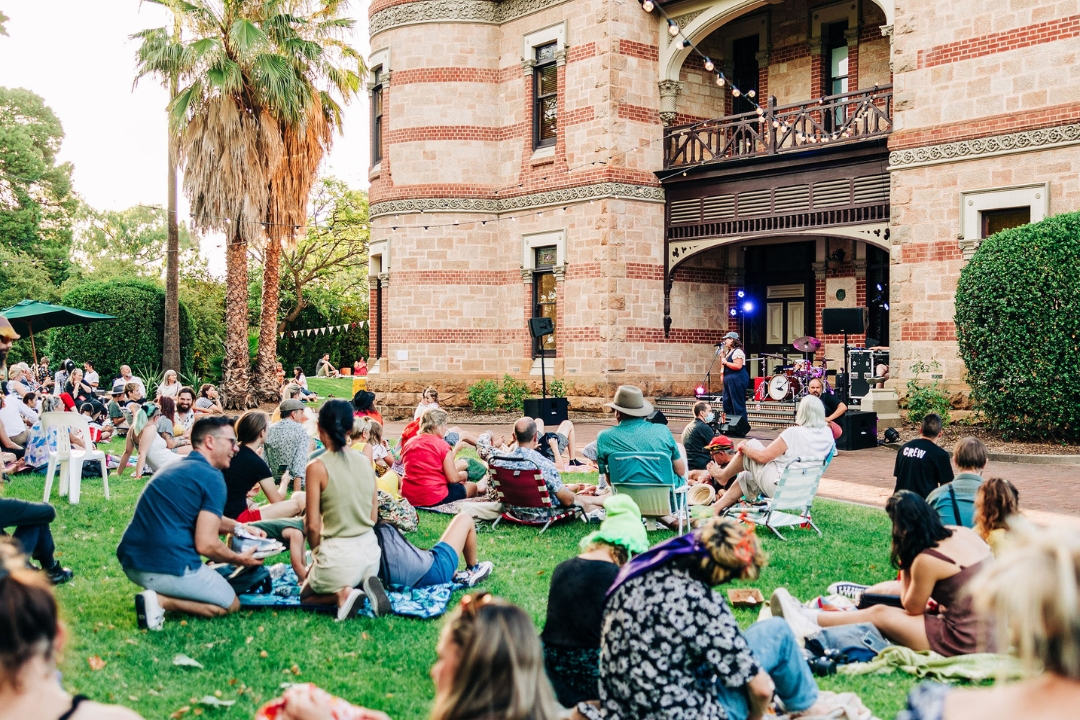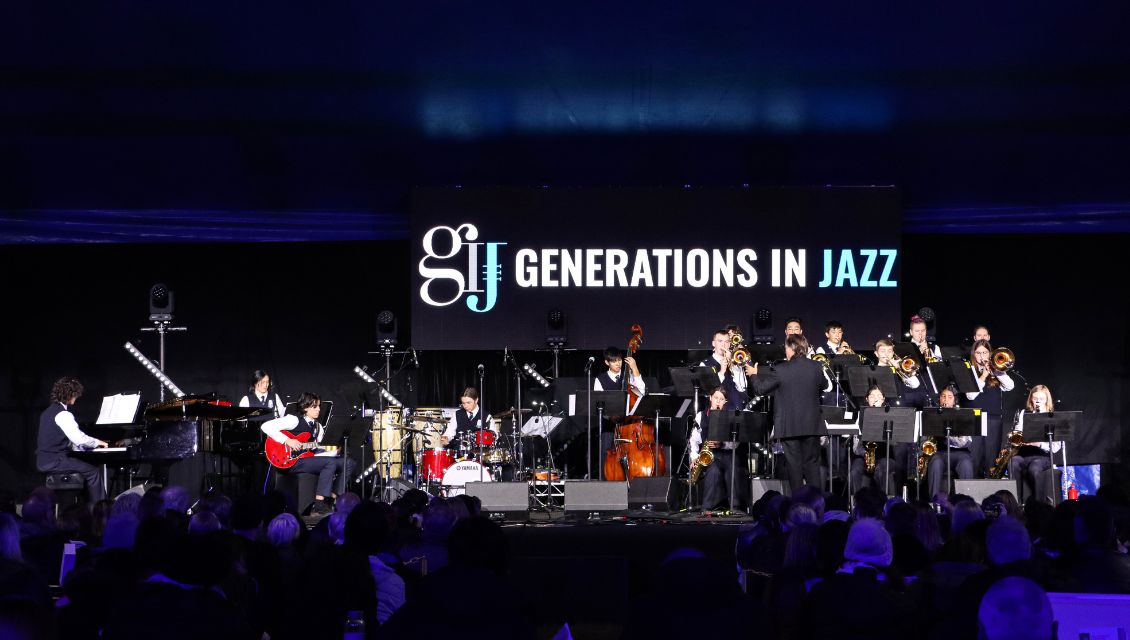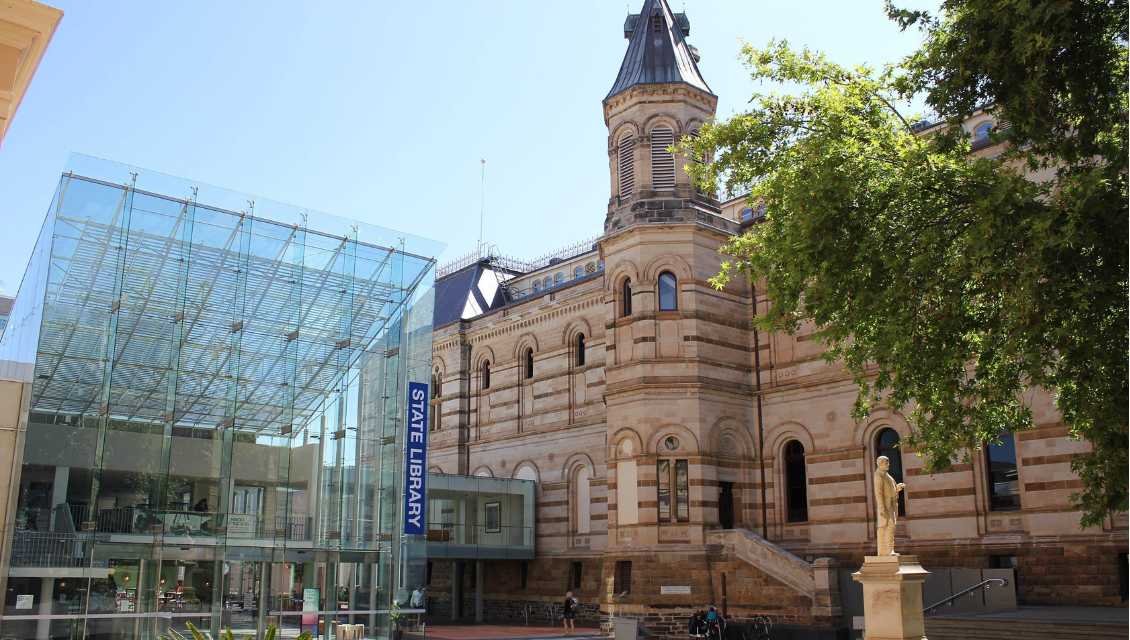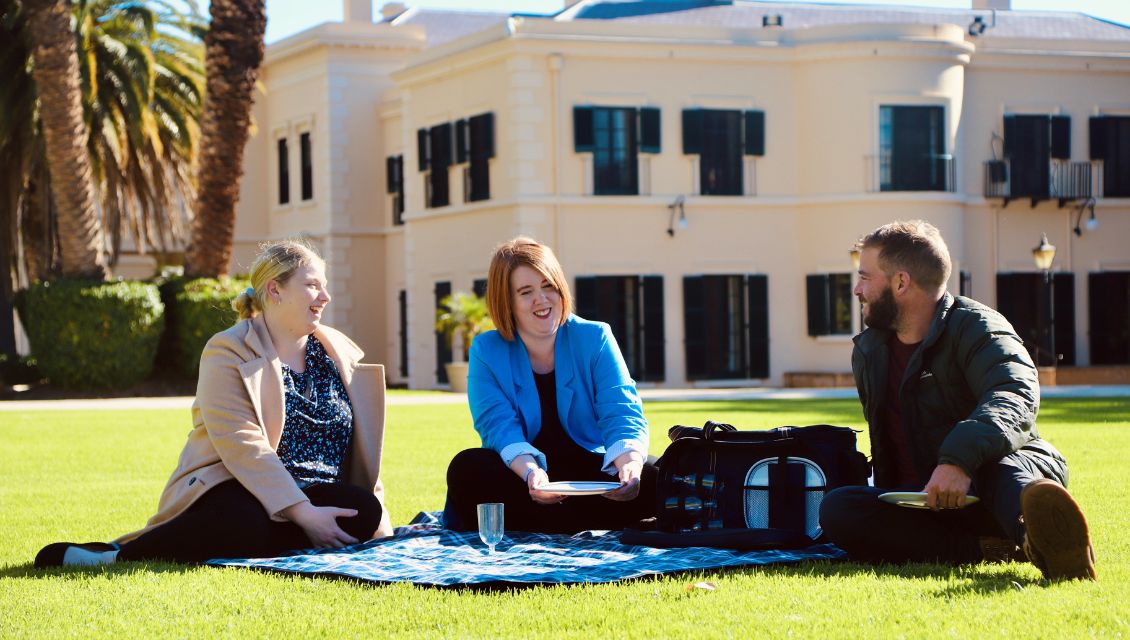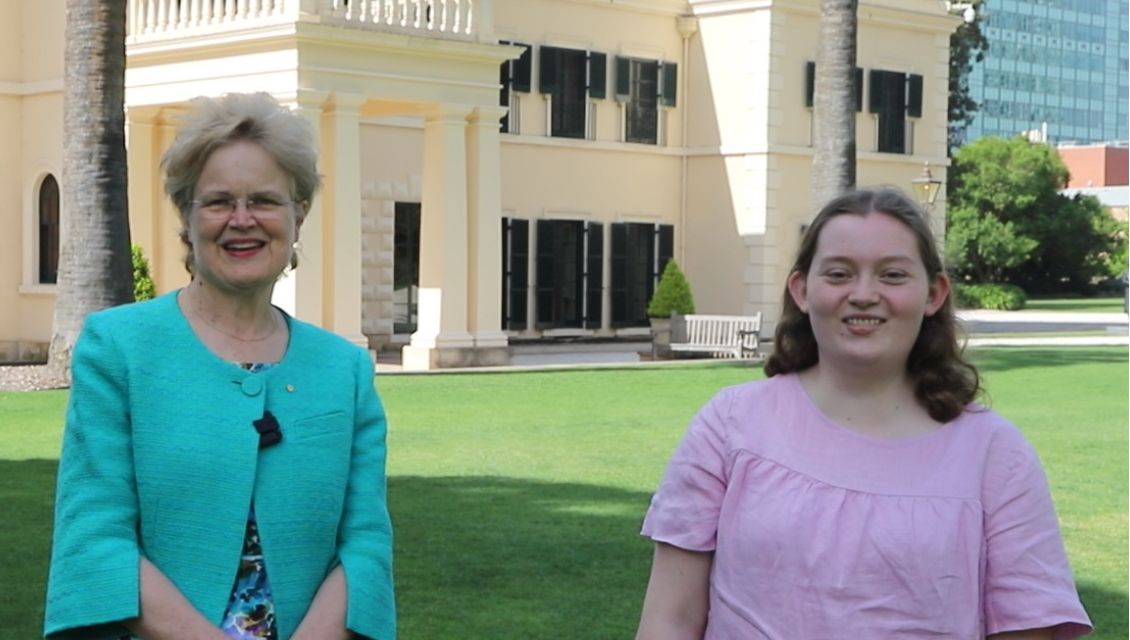
To say that Senior Sergeant Angus McFarlane has a complex job would be underplaying the facts.
As Operations Manager at SAPOL’s Aircraft Services he’s in charge of the police aircraft – both fixed-wing and helicopter – that respond to emergency situations and get police and other officials to remote parts of South Australia.
“It’s a very big state,” Sen Sgt McFarlane says.
“If police are needed to quickly respond to anywhere throughout South Australia, whether that be for major crash, major crime, or – in case of murders or high-risk incidents – we have to transport the Star Group, that’s where we come in.”
The 44-year-old could be arranging transport for court staff for outback sittings one day and scrambling a chopper to assist in a dangerous traffic incident the next.
“As Operations Manager I’m responsible for making sure all the aircraft are available as much as they can be, so I work with our contractors to ensure the maintenance is programmed in, and then I’m synchronising that availability to the operations that we know that are coming up,” he says.
It takes military precision – which is no coincidence as Sen Sgt McFarlane has a long, and ongoing, history in the Army.
It’s a calling that has seen him travel the world, helping in hot spots from East Timor to Afghanistan, using his skills to make a difference.
“Out of school I joined the Australian Defence Force – the Australian Army specifically,” Sen Sgt McFarlane says.
“I ended up at 16 Air Defence Regiment at Woodside working with artillery and surface-to-air missiles, that sort of space.
“After only about six months we were deployed to East Timor as part of the United Nations mission over there. And while I liked training, I really enjoyed the real thing, being operationally focused where you can see that what you're doing is important to the community.”
Upon returning to Adelaide Sen Sgt McFarlane joined SAPOL, working firstly in Whyalla where he met his wife – also a police officer – and then in Adelaide as a detective and, eventually, a member of the Star Group.
Sen Sgt McFarlane didn’t turn his back on the Army though, becoming a reservist and continuing to serve and recently clocking up 27 years with the ADF.
The commitment has involved, at times, as many as 100 days a year with the Army Reserve, something he says has required an enormous amount of juggling and could not have been possible without the support of SAPOL.
“I’ve had some very interesting appointments within the Army Reserve,” Sen Sgt McFarlane says.
“I’ve been the commanding officer of the Adelaide University's regiment at Hampstead where I was in charge of about 400 staff responsible for training reservists in Northern Territory, South Australia and Tasmania.
“Working with SAPOL and the Australian Army has been great, and I've been fortunate to do two deployments whilst a member of South Australian police force.
“In 2012, I went to the Solomon Islands in Honiara for seven months as part of the assistance mission to the Solomon Islands police, which was another fantastic experience that I thoroughly enjoyed, and then in 2016 and 2017, I went to Afghanistan for nine months with NATO where I helped mentor the operational planning for security of Kabul city and province, which was incredible.
“So I’ve been lucky enough to have two careers which have run parallel.”
Sen Sgt McFarlane says he would recommend the ADF Reserves to anyone interested, and that his time in the defence force has equipped him with skills he uses in his job on a daily basis.
“There are the HR skills you learn in that space, but also the critical analysis, decision making and risk management skills, the planning for 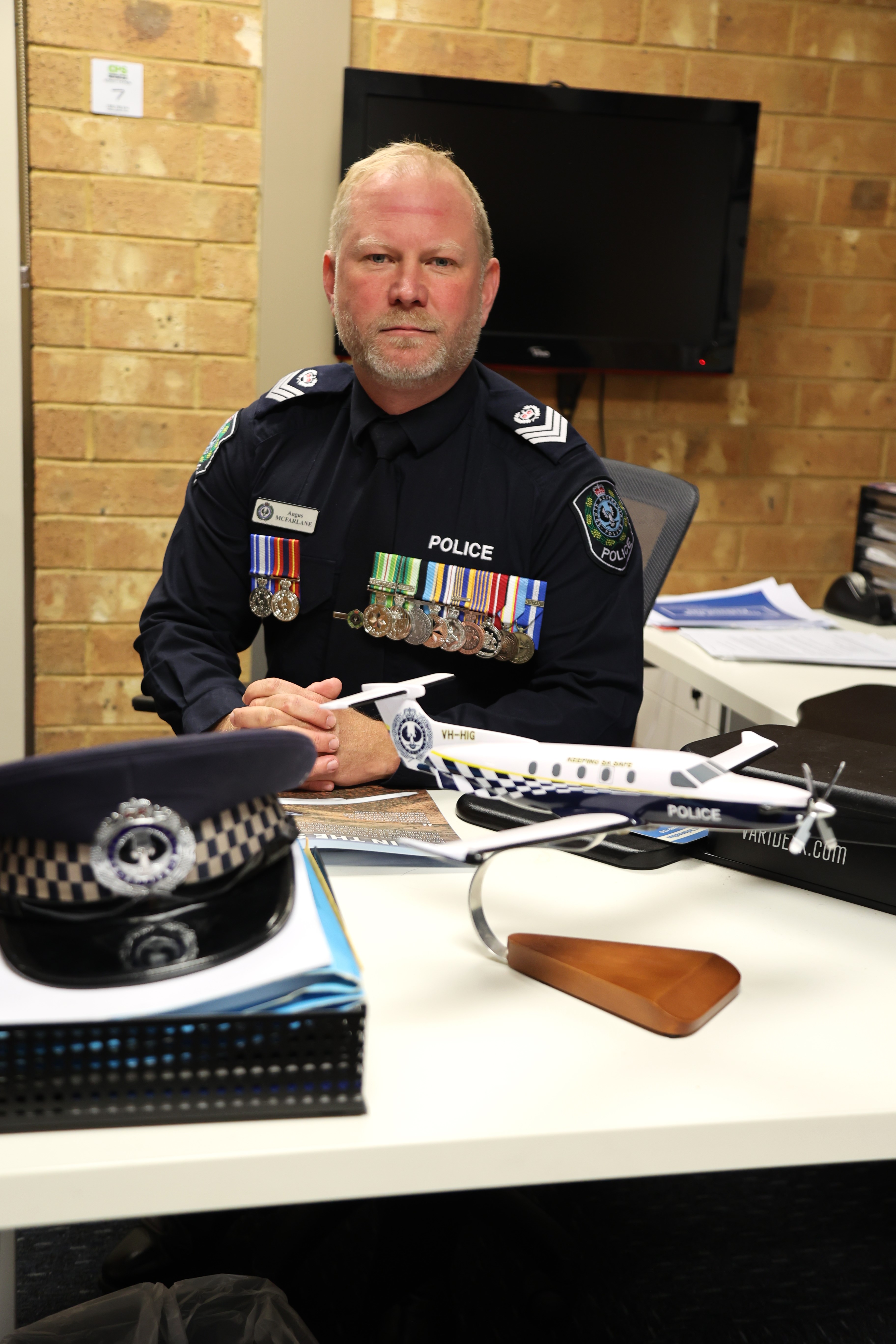
“Perhaps lower-scale scenarios, but in equally complex situations.
“But also from the human perspective, I've been fortunate enough to go around the world with the Australian Army. I've served overseas in New Zealand, Fiji, Solomon Islands, East Timor, Afghanistan, France, England and Scotland. I’ve been able to meet people from all of these diverse cultures from around the world and get an understanding of where people have come from. It also makes you appreciate how good we have it here in Australia.”
And this is why, Sen Sgt McFarlane says, Anzac Day will always be a day of reflection and contemplation for him.
“I guess I look at Anzac Day as having two components,” he says.
“The first one of being the reflection and remembrance in the morning when you attend the Dawn Service.
“I think it's that little bit of a sacrifice we can all make in doing something that’s slightly uncomfortable.
“You have to get up early, it's cold, you have to organise the whole family, but I think that sets the context of being able to remember and reflect on people's sacrifice and what they have done for Australia.
“And I think it's important that we remember those that have given the ultimate sacrifice and died for Australia, or New Zealand the case of ANZAC Day, but it’s also a chance for us to reflect on those that have come home from war with wounds seen or not seen and show our appreciation for the burden that they now have to carry going forward.
“But I think that also leads on to the rest of Anzac Day, which I think should be a day of celebration.
“Not a celebration of war at all, but a celebration of what they actually went away and made sacrifices for. It's important that we recognise that Australia is a great country, South Australia is a great state.”
Dr Andrew Pearce, an emergency physician and pre-hospital retrieval medicine specialist and also a Group Captain and specialist reservist with the RAAF, spoke to We Are.SA about his civilian and military careers and how they intersect, and why Anzac Day is – for him – a chance to reflect on sacrifice. Read his story here.

